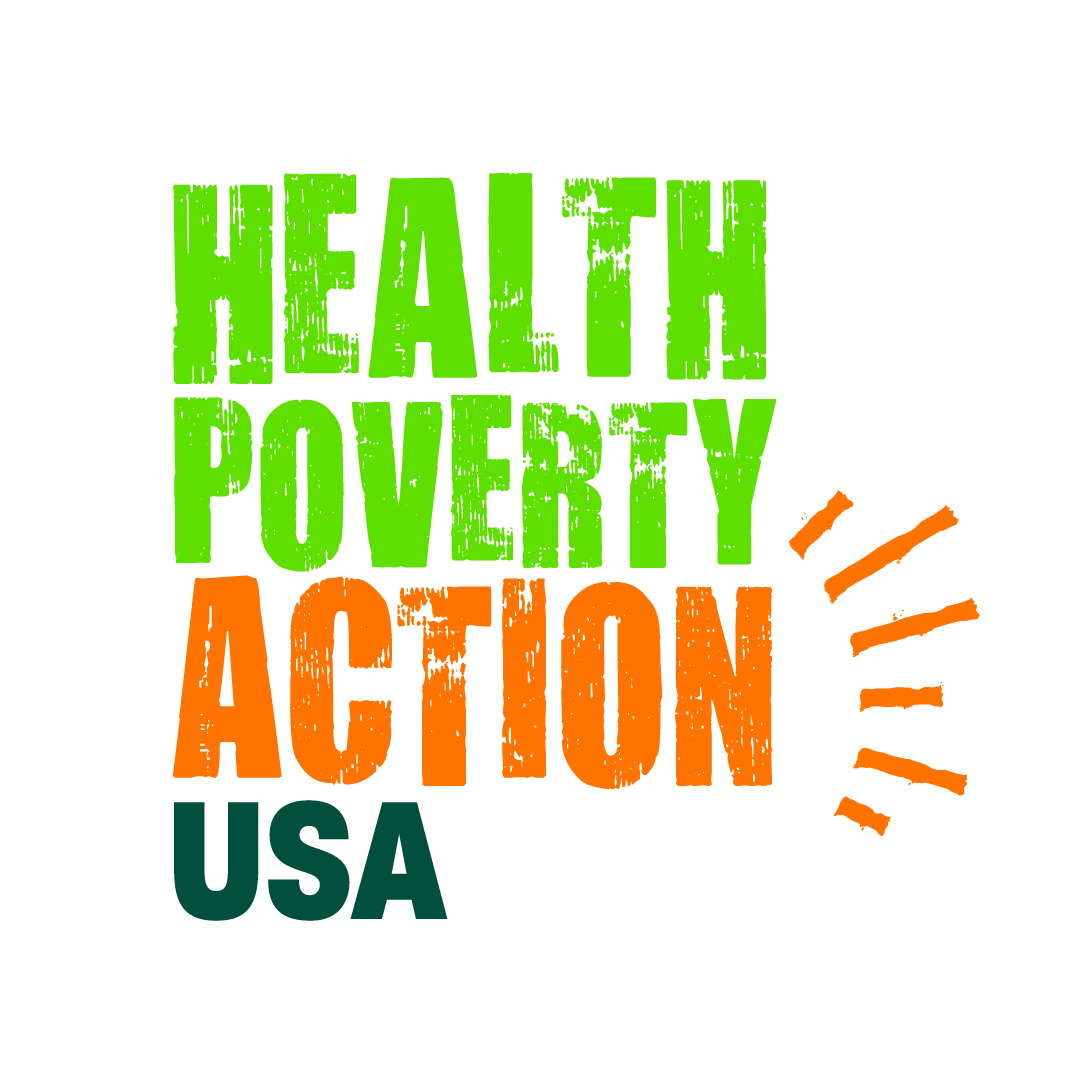Livelihood is defined as ‘a means of securing the necessities of life’. It is a vital part of the work that we do to secure a ‘holistic’ solution to health. In all places, a community’s livelihood, food and health are tightly interconnected. We work with people to improve livelihoods in a number of ways:
Education: Educational initiatives can be the difference between poverty and a profitable small business. Adult literacy and numeracy, even for just one person in a community can empower the whole community, allowing them to fill out forms and access government services.
Women’s Empowerment: Often women in the communities we work alongside are without an income. Helping women to empower themselves through education and training, capacity building, awareness activities and facilitation of self-help groups and access to government schemes can help them to start a small business.

An indigenous San mother waits for her check up at a health centre in a rural Tsumkwe, Namibia.
Skill Development: Training in basic business and technical skills can allow communities to increase the variety of their outputs. Employability skills can mean that young people find opportunities that might not have otherwise been available to them. Often, the people we work with go on to set up their own businesses.
Agriculture: We support communities to innovate. Families are encouraged to use their own resources, make their own compost and diversify their crops. The variety of food produced means more sustainable harvests and farmers are able to sell the surplus to support themselves or produce a more profitable product – such as mango juice or fritters.

